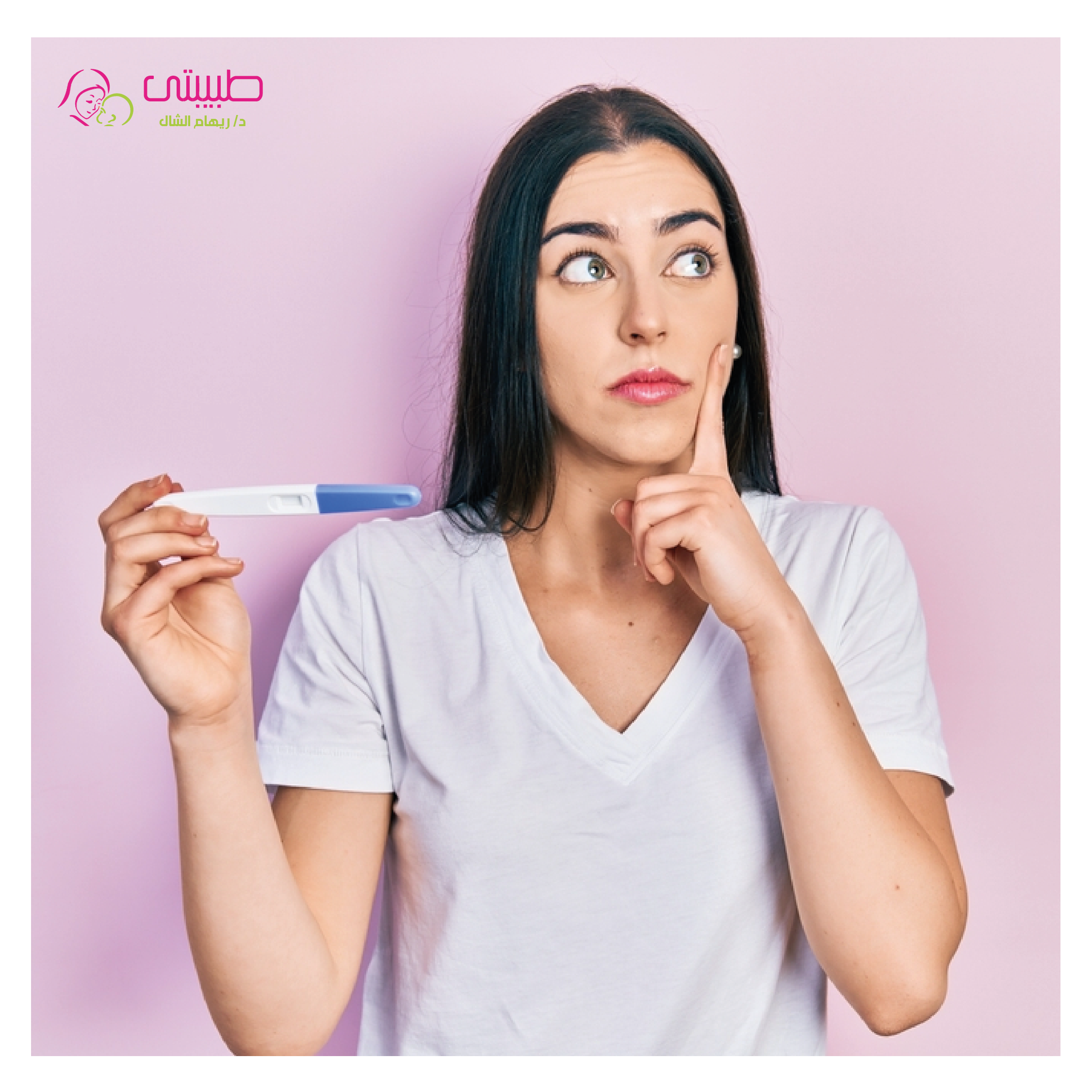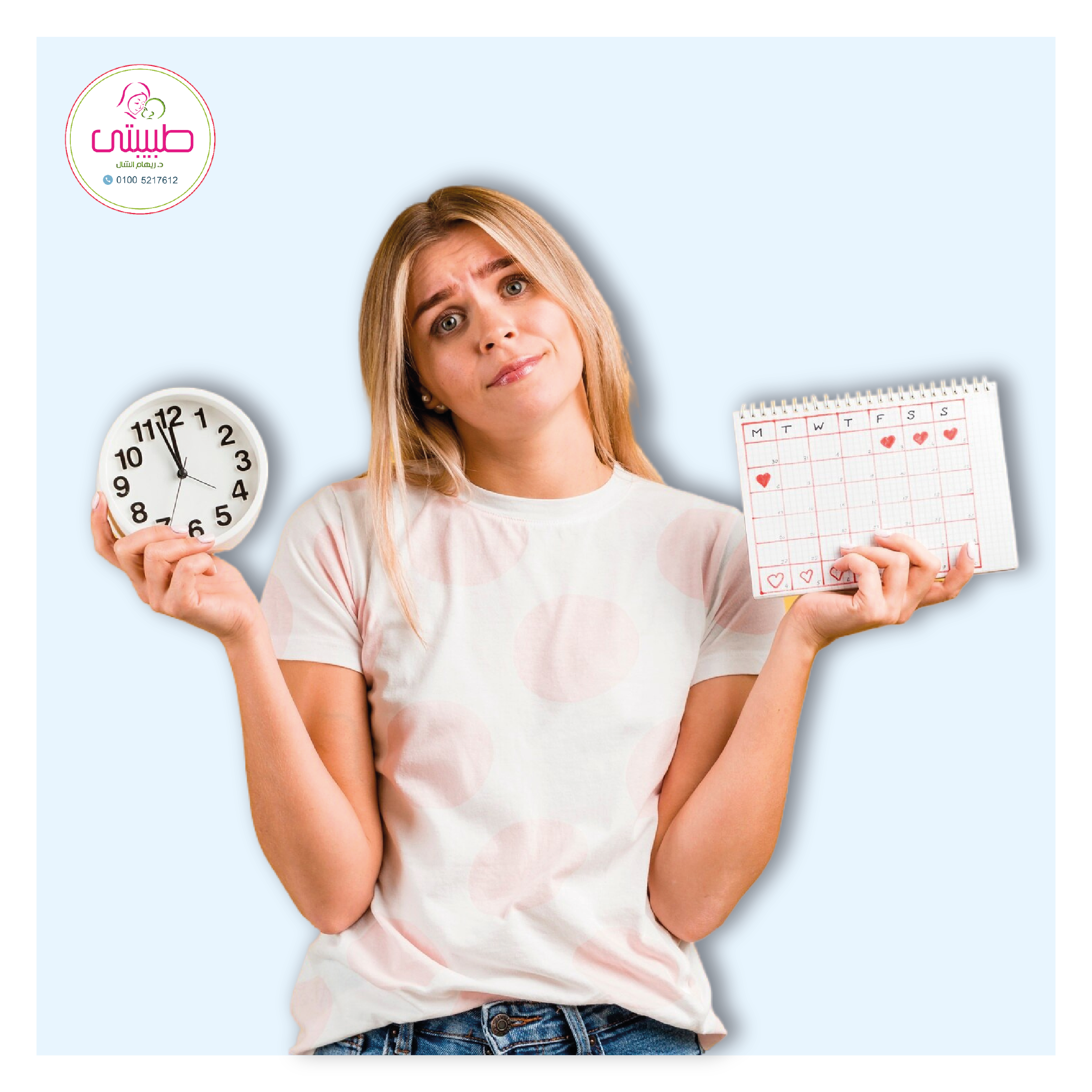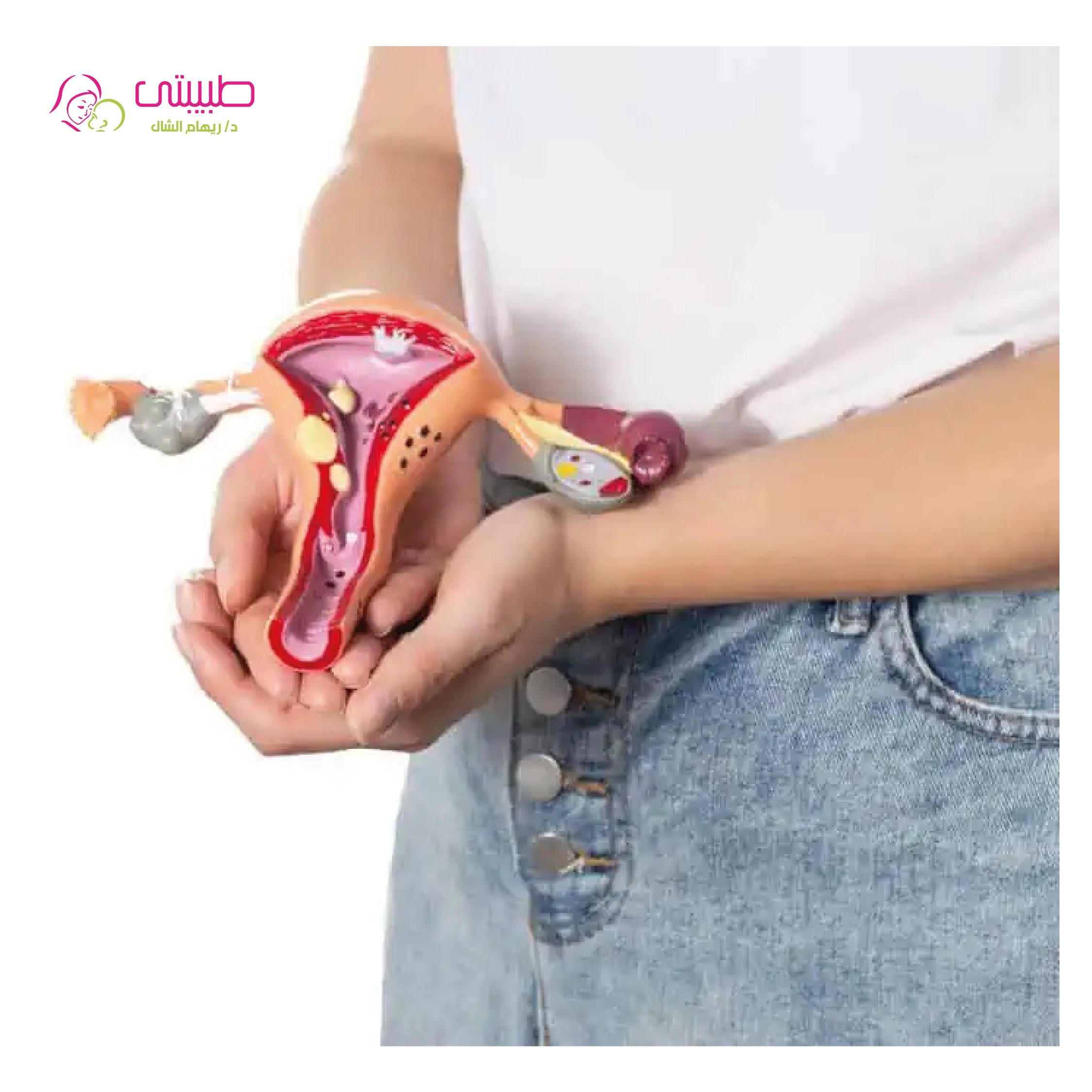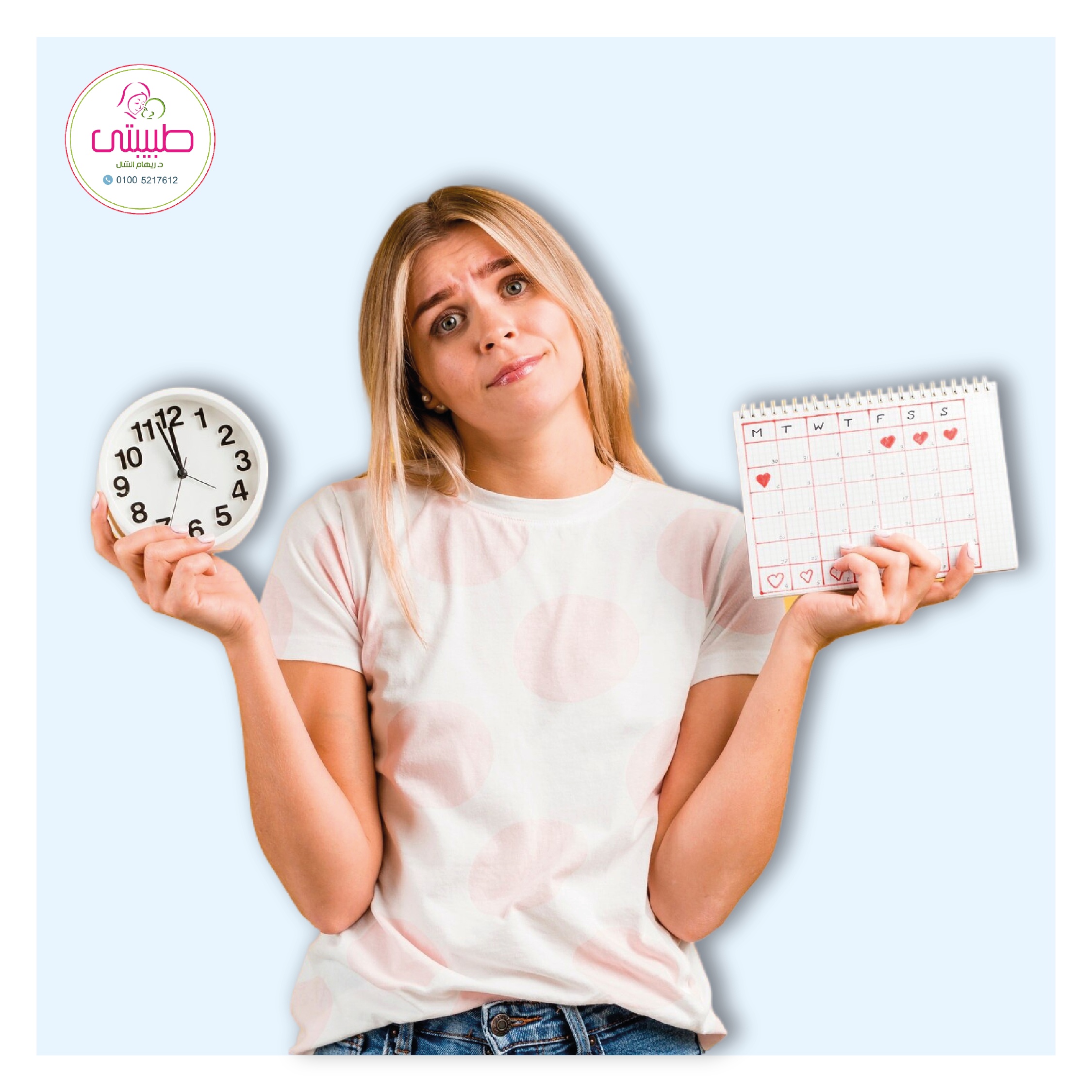من الثلاثين للأربعين: خطوات تحميك من الهبات الساخنة وتعزز خصوبتك
من فترة، كنا عاملين فيديو عن الهبّات الساخنة، واللي هي من أكتر الأعراض اللي بتواجه السيدات بعد انقطاع الدورة الشهرية. حكينا عن الأعراض والتعب اللي ممكن ييجي منها، وإزاي نحاول نخفف منها أو حتى نتفاداها. كانت التعليقات أغلبها إيجابية، وفي سيدات رائعين بدأوا يساعدوا بعض بمعلوماتهم وتجاربهم، وده شيء جميل جدًا. لكن وسط كل ده، ظهر تعليق شدّني جدًا.
التعليق كان بيقول:
“الهبات الساخنة ملهاش علاج، والكلام اللي بيتقال ده مش بيفيد. لما توصلي لسن انقطاع الدورة، تعالي قوليلي هتعملي إيه؟!”
الكلام ده على قد ما كان جارح، لكنه خلاني أفكر. أنا كطبيبة أو مدربة أو حتى أي شخص بيساعد غيره، ساعات بننسى إننا إحنا كمان هنمر بنفس المراحل. يمكن مش دلوقتي، بس يوم من الأيام هنكون في نفس المكان.
وفاكرة وقتها، افتكرت قصة قريتها زمان، يمكن من وأنا في أولى ابتدائي. كانت عن ثلاثة بحارة رماهم البحر على جزيرة بعد ما مركبهم غرقت. أهل الجزيرة كان عندهم تقليد: أي حد ييجي من البحر، يخلوه ملك سنة كاملة، وبعدها يرمُوه وراء الجبل في مكان فيه وحوش ضارية. أول بحّار استمتع بالسنة وانبسط، لكن لما خلصت، اتنفذ فيه الحكم. والتاني عمل زيه.
لكن البطل “زجاجار” عمل حاجة مختلفة. استخدم السنة بتاعته في بناء حياة جديدة “وراء الجبل”. أمر بقتل الوحوش، وبنى قرية ومدارس وبيوت. فلما جت لحظة الحكم عليه، ماكانش فيه وحوش. كان فيه عالم جديد، فيه أمل، فيه حياة، واستحق إنه يعيش فيه للأبد.
لمشاهدة الفيديو كامل من اليوتيوب:
https://youtu.be/Ai3TzHJh45s?si=Pgjs_mk3mXqYIU2x
القصة دي فيها درس عظيم: إننا لازم نبدأ نجهّز لحياتنا “وراء الجبل” من دلوقتي.
الهبّات الساخنة، انقطاع الدورة، التغييرات اللي بتحصل في جسمنا—دي كلها مش نهايات، دي تحوّلات. ولو حضرنا نفسنا صح من بدري، هنعدّيها بسلام، يمكن حتى بفرح.
فيه سيدات بيوصلوا للمرحلة دي وهما أقوى، أنضج، وأسعد. ليه؟ لأنهم اشتغلوا على نفسهم من قبل ما توصلهم. بدأوا من التلاتينات، غيروا أكلهم، لعبوا رياضة، عملوا تقييم شخصي لحالتهم، وفهموا جسمهم عايز إيه.
وهنا السؤال: “إنتِ عارفة نفسك؟”
• هل عندك اضطرابات هرمونية؟
• هل النظام الغذائي اللي ماشية عليه مناسب ليكِ؟
• هل الفيتامينات اللي بتخديها مفيدة ولا ممكن تضر؟
• هل الرياضة اللي بتعمليها فعلاً صح ليكِ؟
علشان كده في الكورس بتاعنا، أول خطوة هي التقييم الشخصي – أو الـ Personal Assessment. ده مش رفاهية، دي خطوة أساسية علشان نعرف “إحنا فين؟” و”رايحين على فين؟”
لما واحدة تقول:
“أنا باكل كويس وبعمل رياضة، بس معرفش ده مناسب ليا ولا لأ؟”
بنقولها: “محتاجين نشوف، نقيّم، نفهم جسمك.”
فيه حاجة اسمها التغذية العلاجية، تغذية مرتبطة بالحالة الطبية والهرمونات. وفيه دور كبير لأطباء النساء لأنهم فاهمين الجسم الأنثوي والهرمونات أكتر من أي تخصص تاني.
وبرضو، مش كل أكل صحي مناسب لكل الناس. ممكن أكلة مفيدة لسيدة، تضر التانية. ممكن رياضة تقوي عضلاتك، لكن تجهد مفاصلك. علشان كده، التحضير لازم يكون شخصي، مخصوص ليكِ.
وعلشان كده كمان، إحنا عاملين الدورة دي مش بس علشان نتكلم، لكن علشان نجهز كل واحدة إنها تبني عالمها وراء الجبل. حياة جديدة، بصحة جيدة، بنفسية متزنة، بشكل مشرف، بأفضل ما يمكن.
مش لازم نوصل للهبّات الساخنة ونبدأ نشتكي. نبدأ من دلوقتي.
فيه سيدات بتعدّي المرحلة دي بضحكة وراحة، وفيه اللي بتتعب وبتتألم. الفرق في التحضير. الفرق إننا نكون مستعدين.
ولو بتاعني من تأخر الإنجاب، جمعنا لك هنا كل الموضوعات الخاصة بتأخر الحمل في دورس مفصلة بمعلومات علمية موثقة ومرتبة، علشان نساعدك توصلي لحلم الأمومة اللي تستحقيه:
رسالة لكي من بطلات سبقوكي لتحقيق حلم أمومتهم – TBIBTY طبيبتي








